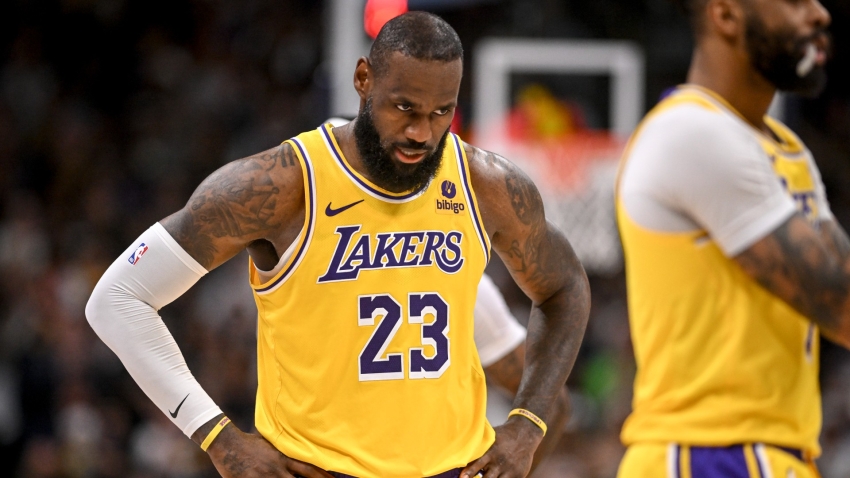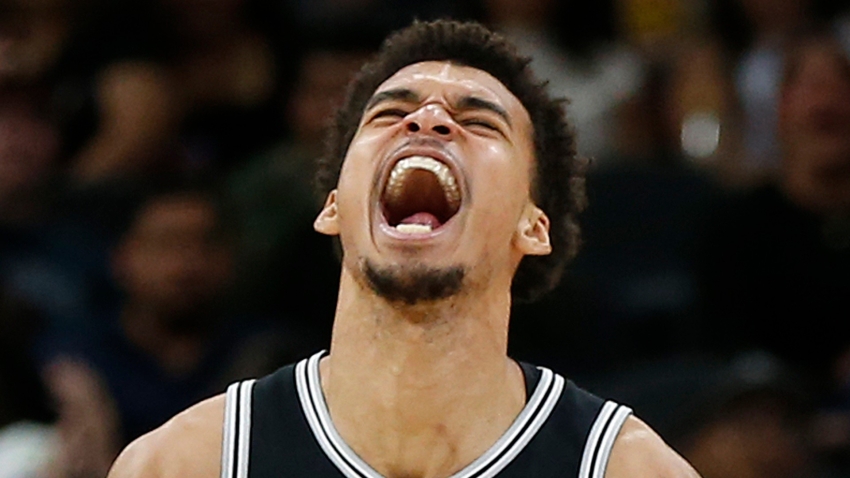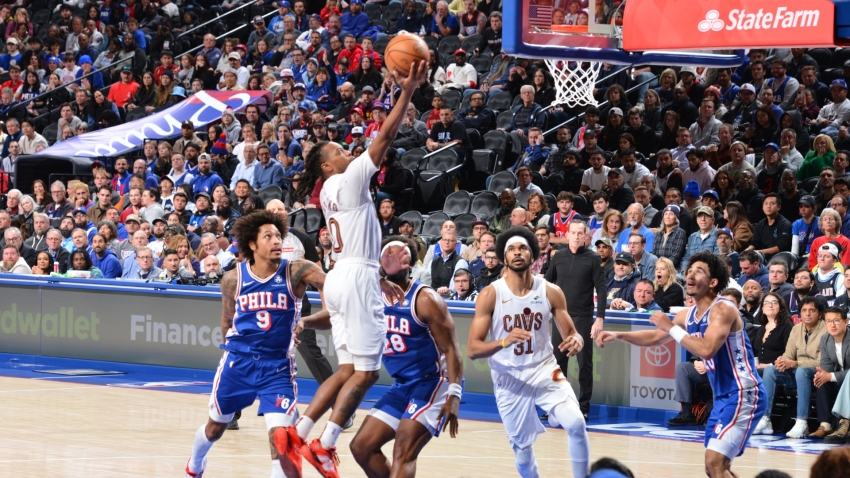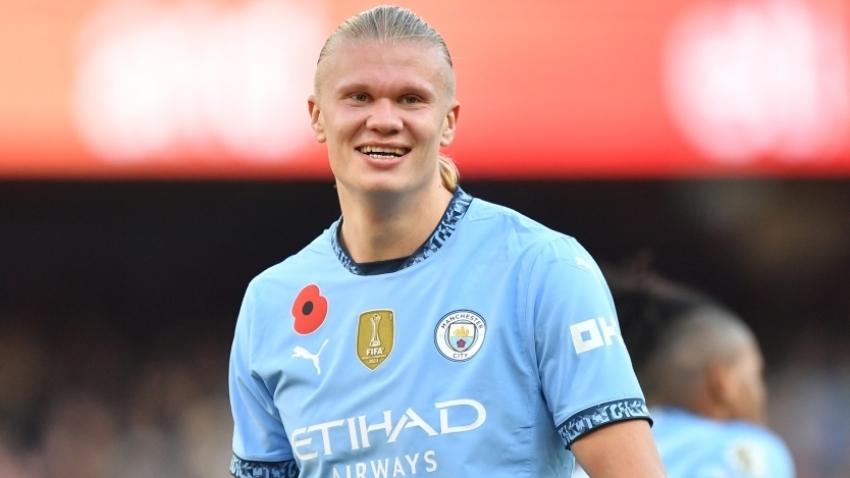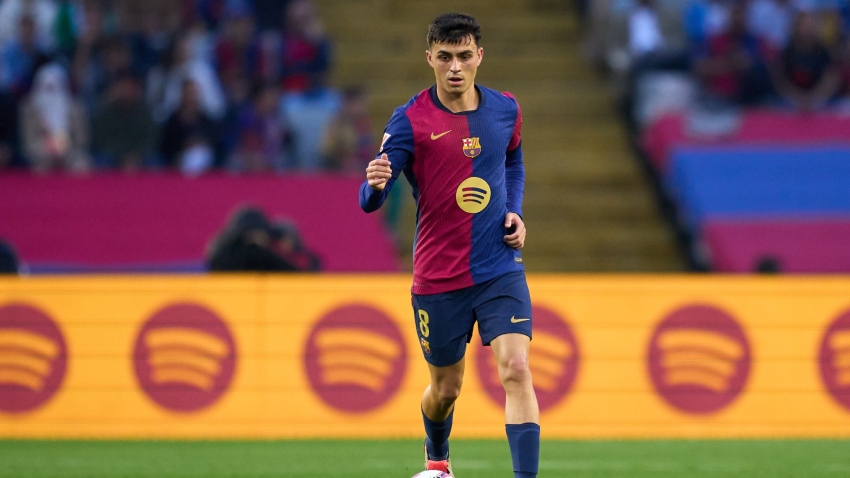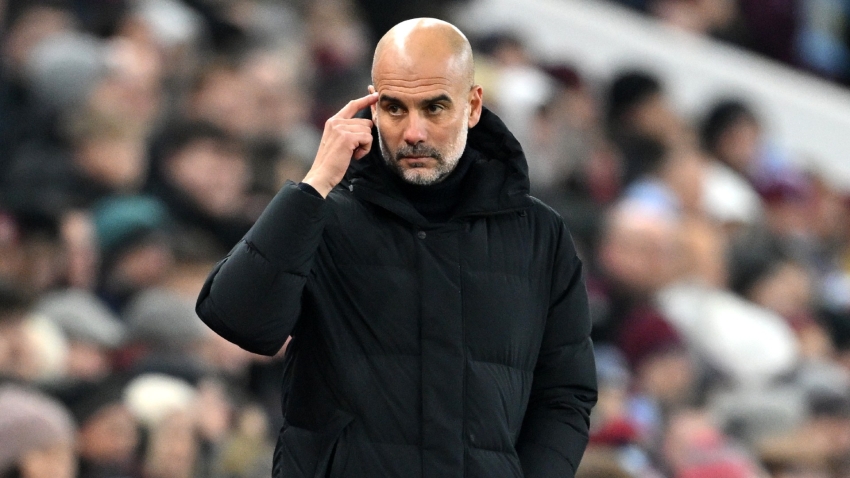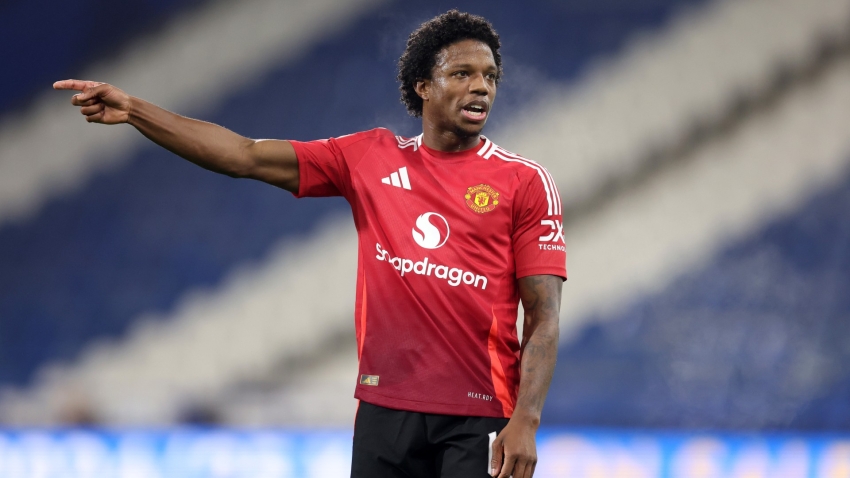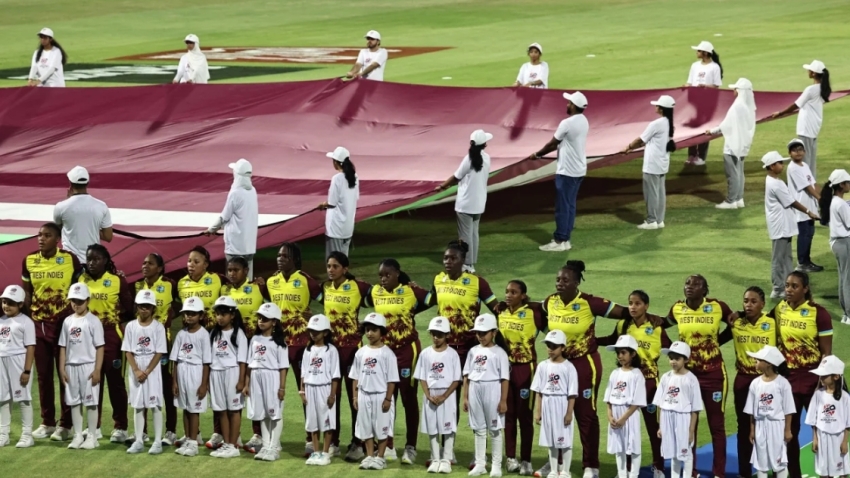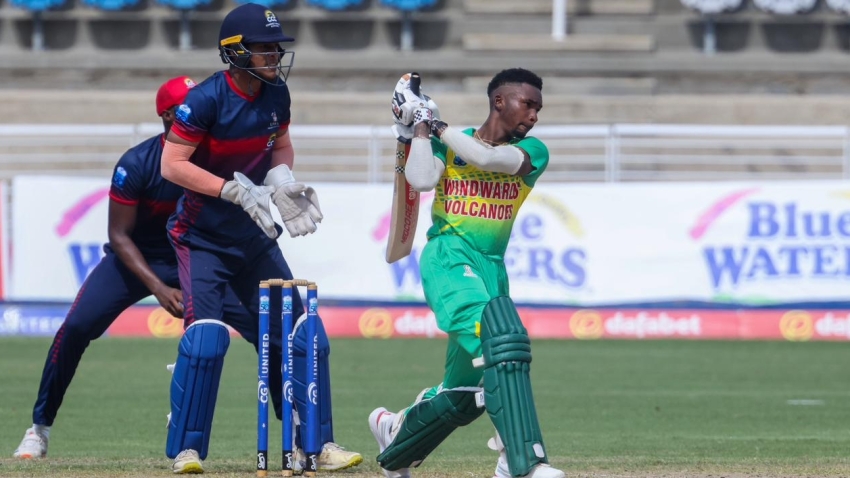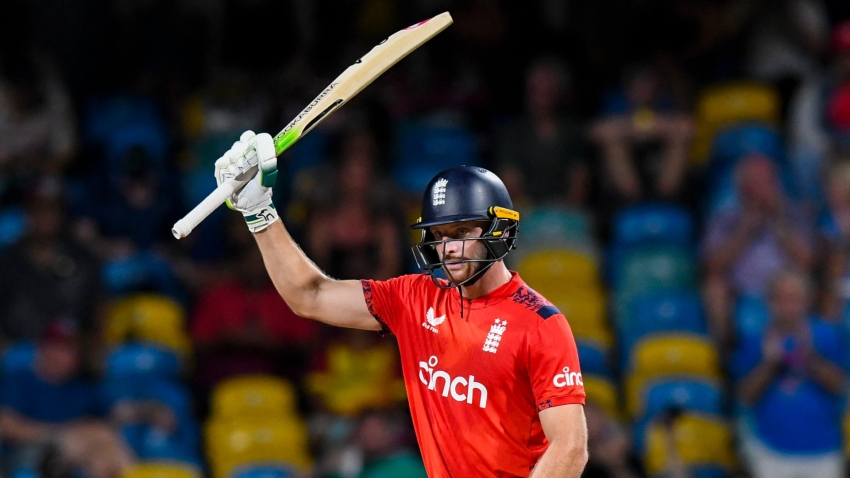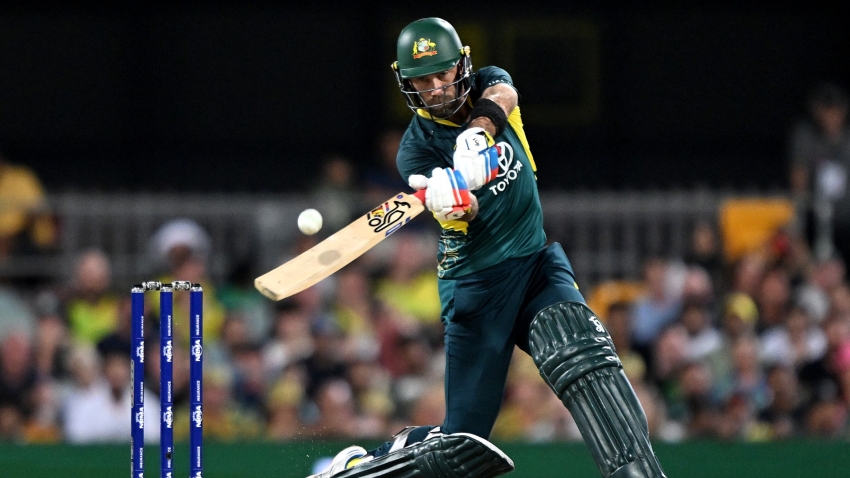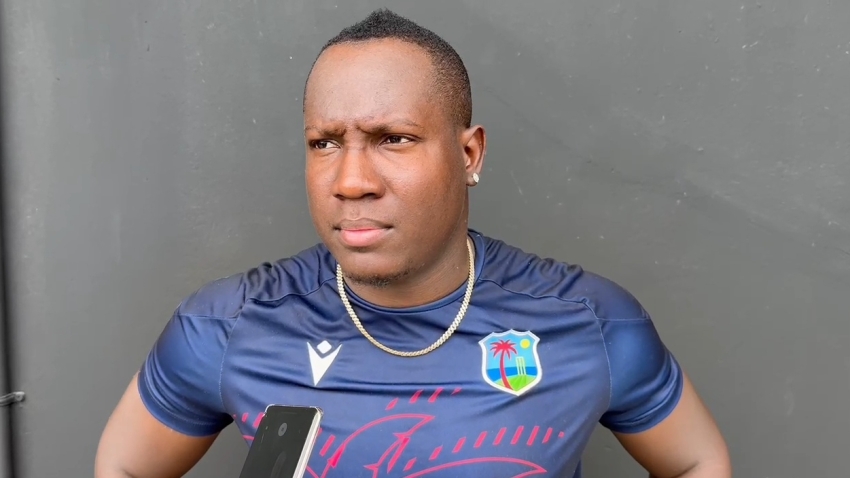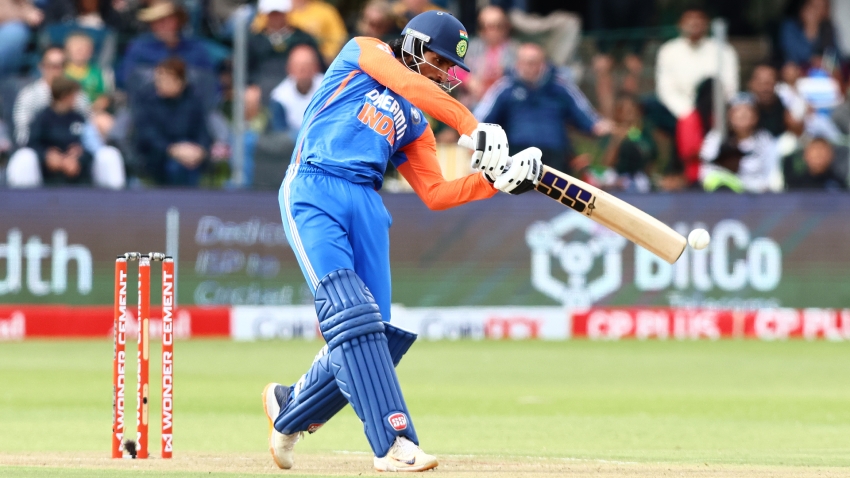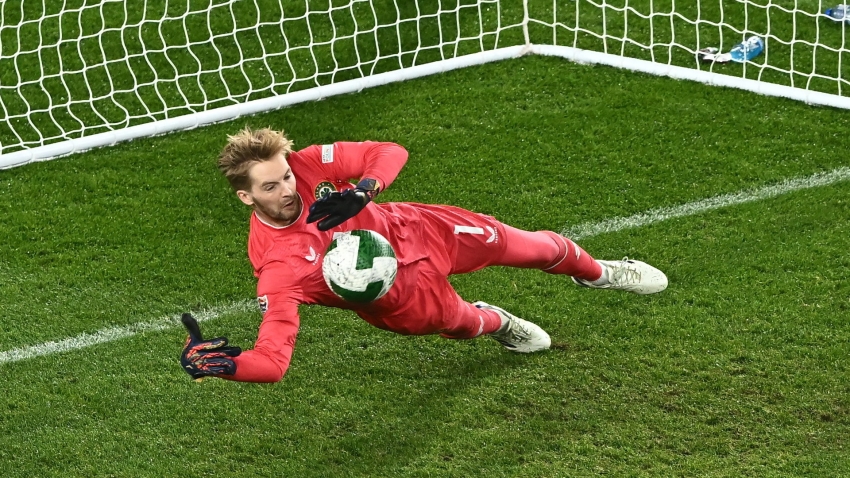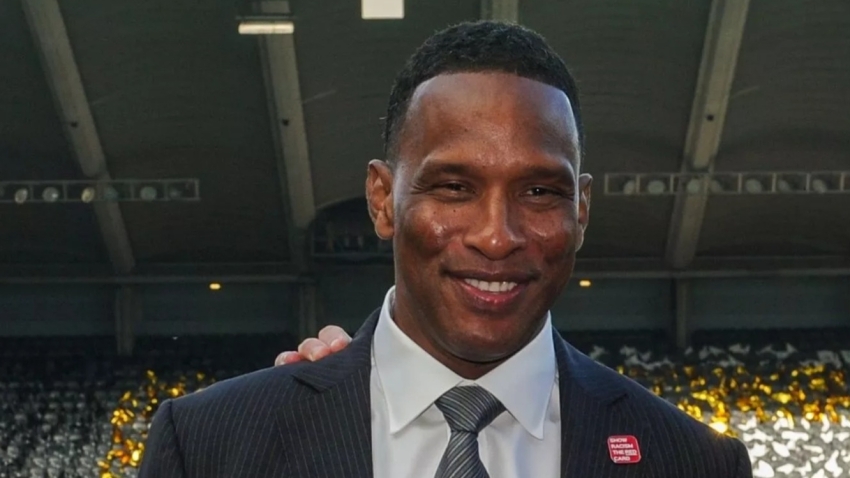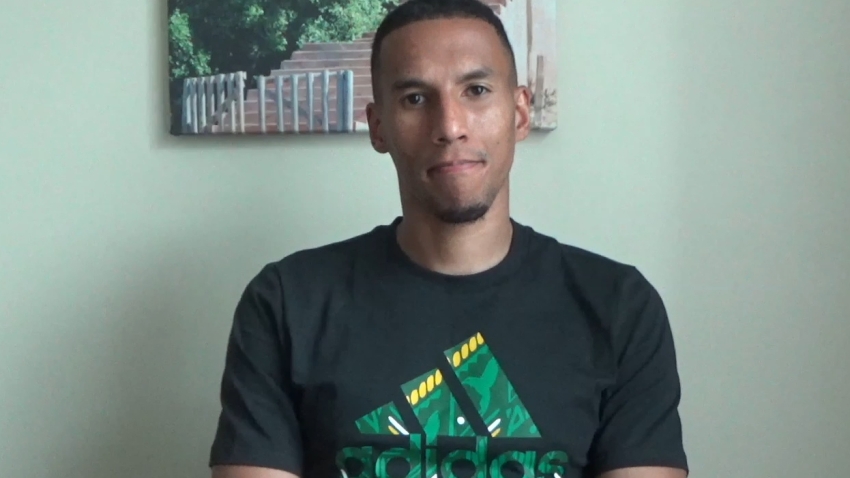![]() Footballers’ union boss Maheta Molango has highlighted the value of collective bargaining agreements in women’s sport, in a week featuring a World Cup bonus dispute between the England squad and the Football Association.
Footballers’ union boss Maheta Molango has highlighted the value of collective bargaining agreements in women’s sport, in a week featuring a World Cup bonus dispute between the England squad and the Football Association.
The PA news agency understands the Lionesses have been left disappointed by the fact the FA will not follow the lead of the Australian and American federations – where CBAs are in place – in paying bonuses on top of prize money being paid to players direct by tournament organiser FIFA.
Players are also understood to be frustrated over a lack of clarity over what their cut from any commercial deals done by the FA linked to the Lionesses will be, as well as the restrictions around their personal sponsorships.
Professional Footballers’ Association chief executive Molango, speaking at an event to mark the Professional Players Federation’s Female Athlete Week this week, said: “We are seeing now, with many countries who are going to the World Cup, players being prepared to stand their ground when they don’t think they are being listened to.
“Issues like this really highlight for players the value of the kind of collective bargaining agreements that countries like the USA have in place in their sports, which strong player unions and associations are crucial to achieving.”
The FA has been approached for comment.
Discrimination in cricket was highlighted in a damning independent report published last week, which said sexism and misogyny towards women in the sport was “routine”.
Crucially, it called for average pay to be equalised in the domestic game by 2029 and by 2030 at international level.
Rob Lynch, chief executive of the Professional Cricketers’ Association, said at the same PPF event: “Whilst we must have that collaborative relationship (with the England and Wales Cricket Board), by virtue of the fact that they are the governing body and we represent the players, we are going to have issues and will need to have robust conversations.
“For the PCA, the collective voice is so key. When we have an issue, we need to go back to the players, explain it to them and ask them to stay tight.
“Fundamentally, keeping our players closely aligned on key topics allows us to represent their interests in the strongest way.”


